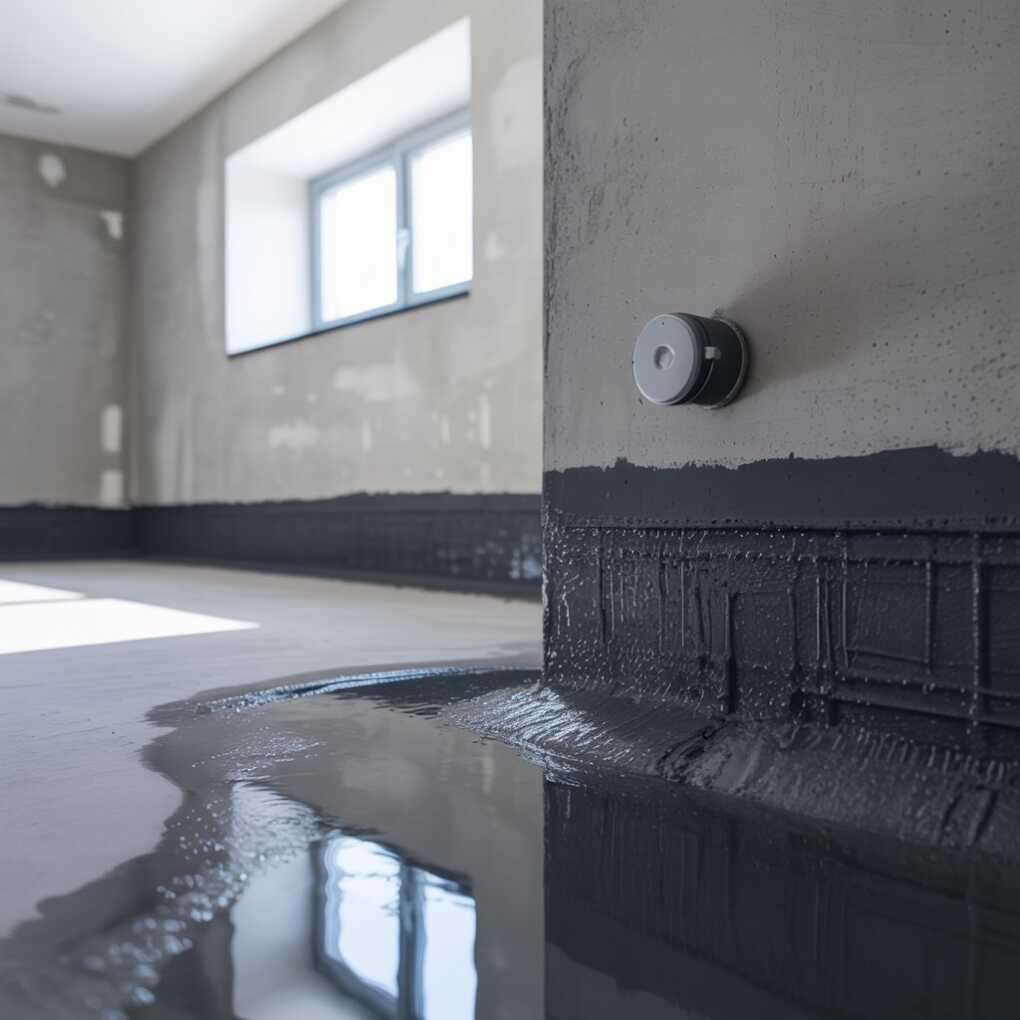A dry basement is more than just a luxury in a city like Toronto—it’s a necessity. Whether you’re dealing with occasional dampness or full-blown flooding, hiring the right contractor to waterproof your basement can make all the difference between peace of mind and persistent problems. Unfortunately, many homeowners rush the process or rely on surface-level research, only to face water damage and repair bills down the line.
If you’re thinking of starting your search for basement waterproofing in Toronto, here are seven mistakes to avoid at all costs—because when it comes to your home’s foundation, there’s no room for shortcuts.

1. Prioritizing Price Over Quality
Everyone wants to save money, but treating waterproofing like a race to the bottom in pricing often leads to regret. The lowest quote can sometimes mean corners are being cut—subpar materials, inexperienced labour, or missing diagnostics that surface later as costly repairs. Waterproofing is one of those rare home upgrades where quality directly correlates with long-term savings.
Before jumping at a deal, ask what’s included, what materials will be used, and whether the quote covers essential elements like excavation, weeping tiles, or membrane application.
2. Skipping an In-Person Assessment
Many homeowners make the mistake of accepting an estimate over the phone or via email. Without a site visit, a contractor can’t fully assess the extent of the problem or recommend the best method—whether that’s internal drainage systems, exterior waterproofing, or crack injection.
An on-site inspection ensures they consider factors such as soil grade, foundation depth, wall composition, and signs of hydrostatic pressure—all crucial for an accurate diagnosis and fix.
3. Not Checking for WSIB Coverage and Insurance
Waterproofing involves excavation, structural work, and sometimes power tools in tight spaces. It’s risky business. Yet many homeowners forget to check whether the contractor has active WSIB (Workplace Safety and Insurance Board) coverage and liability insurance.
If something goes wrong—like an injury on your property or accidental damage to your foundation—you could be held financially liable. Reputable contractors will have no hesitation in providing proof of both.
4. Overlooking Warranty Terms and Conditions
A “lifetime warranty” sounds reassuring, but it’s often loaded with fine print. Some warranties only cover certain repair types, are void if external conditions change (like landscaping), or are non-transferable if you sell your home.
Ask for the warranty terms in writing. Check if the company backs the warranty themselves or outsources it to a third-party provider. If a business shutters in five years, you need to know whether your warranty still holds water—literally.
5. Ignoring Online Reviews and Local References
Too many people rely solely on a company’s website or promotional material, overlooking the importance of third-party reviews. Look for recent feedback on platforms like HomeStars, Google Reviews, or the Better Business Bureau.
Even better, ask for local references. Hearing directly from neighbours who’ve used the service under similar soil and weather conditions in Toronto gives you real-world insight. You’ll get an idea of how the contractor communicates, handles unexpected issues, and respects timelines.
6. Assuming All Waterproofing Methods Are the Same
There’s no one-size-fits-all when it comes to basement waterproofing. Interior systems (like sump pumps and weeping tile drainage) may address symptoms, while exterior solutions (like foundation excavation and membrane sealing) deal with the source.
Some contractors push one method exclusively, either due to limitations in training or equipment. A trustworthy professional will assess your unique needs and propose the method that best fits your property’s architecture and risk level—not just their convenience.
For instance, heritage homes in Toronto’s older neighbourhoods may require delicate excavation around stone or brickwork, while newer builds might benefit from more modern membrane applications.
7. Failing to Get a Detailed Contract
Verbal agreements aren’t enough. Your contract should clearly state the scope of work, specific materials and techniques used, start and end dates, payment schedule, and warranty terms. It should also outline who handles permits and any potential extra costs.
Without these details, disputes can arise—especially if a contractor abandons the job midway or adds surprise charges. Transparency upfront protects both parties and sets the tone for a professional, accountable relationship.
Protecting Your Basement Starts with Smart Decisions
Basement waterproofing is not just a fix—it’s a foundational investment in your home’s safety and longevity. With Toronto’s unique climate and water table concerns, the stakes are higher than most homeowners realize. Avoiding these common mistakes not only protects your property but saves you thousands in preventable damages.
When you’re ready to take the next step, make sure your search for professional basement waterproofing in Toronto is guided by experience, not impulse. A dry, safe basement starts with a contractor who gets it right the first time.
